This Saturday, May 4th, 2024, from 10am to 12pm, you have the chance to sit in the cockpit of the P-47 Thunderbolt at the Palm Springs Air Museum (PSAM).
Considered by many the most significant fighter aircraft of World War II, the Republic P-47 Thunderbolt fighter was the largest and most powerful single-engine fighter of the war and production ran to 15,683 examples. Due to the shape of the fuselage, the Thunderbolt was known affectionately as the “Jug” by its pilots and ground crews. Two distinctive versions were produced: the earlier “Razorback” design and later versions (as seen at the PSAM) with a “bubble top” canopy. The PSAM’s Thunderbolt, which is from the Robert J. Pond collection and has been restored to flying condition, displays the nose art Squirt VIII.
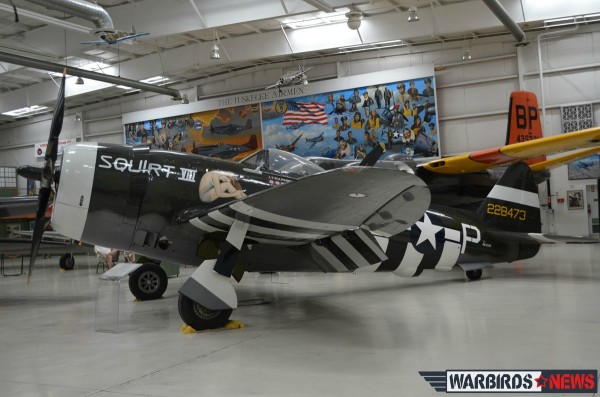
The example on display at PSAM was constructed as a P-47D-40-RA by Republic at Evansville, Indiana with the serial number 45-49205 and in 1945 the aircraft was transferred to Oklahoma Air Material Area, Tinker AFB, Oklahoma City, OK. In 1947 this Thunderbolt was taken on strength with the now-renamed United States Air Force and the following year was redesignated as an F-47D and transferred to 1708th Ferrying Group, Military Air Transport Service, Kelly Field, San Antonio, TX. It served with that unit until 1953 when it joined the Fuerza Aerea del Peru (Peruvian Air Force), initially with the serial 547 and later as 122 FAPe. In 1969 it was acquired by Ed Jurist’s Vintage Aircraft International Ltd of Nyack, NY and transported by ship back to Brownsville, TX on the SS Rosaldina. The aircraft was then reassembled by the Confederate Air Force (now Commemorative Air Force) in Harlingen, TX and, in 1973, eventually flew once again with the civil registration N47DE. In the last forty years the aircraft changed several owners, including David Tallichet, Doug Arnold and then Stephen Grey in the UK, and back to the U.S. under Robert J. Pond until it was donated to the the Palm Springs Air Museum/Pond Warbirds LLC in 1997.
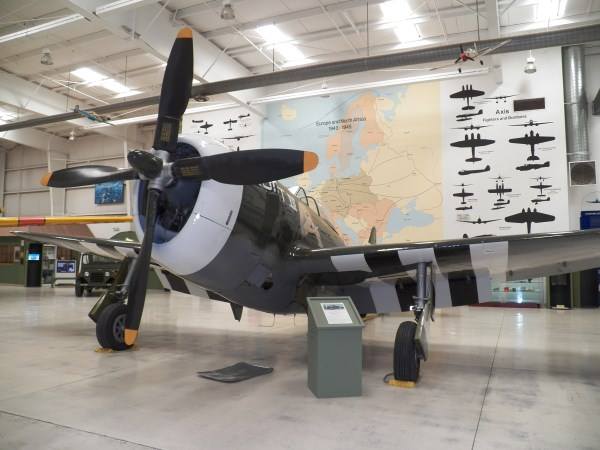
Museum guests are treated to the extra special experience of being allowed to sit at the controls and pose for pictures. From 10-12 each Saturday, a selected aircraft will be opened up and made accessible to the public. Museum volunteers will also be on hand to answer questions and provide the historical backdrop for the aircraft you are sitting in. Guests are strongly cautioned to dress appropriately for climbing into the planes and also reminded not to leave their cameras at home. This is a rare experience that you’ll want to remember forever. The suggested $5 donation for the open cockpit experience includes a souvenir photograph provided by the PSAM (museum admission also applies).
The Palm Springs Air Museum is home to a large collection of flyable WWII aircraft and several exhibits in air-conditioned hangars, and an extensive library located on the second floor. The museum is open seven days a week, from 10 am to 5 pm (the museum is closed for Thanksgiving Day and Christmas Day). Allow at least an hour and a half to enjoy the museum. For more information, visit the museum’s website.







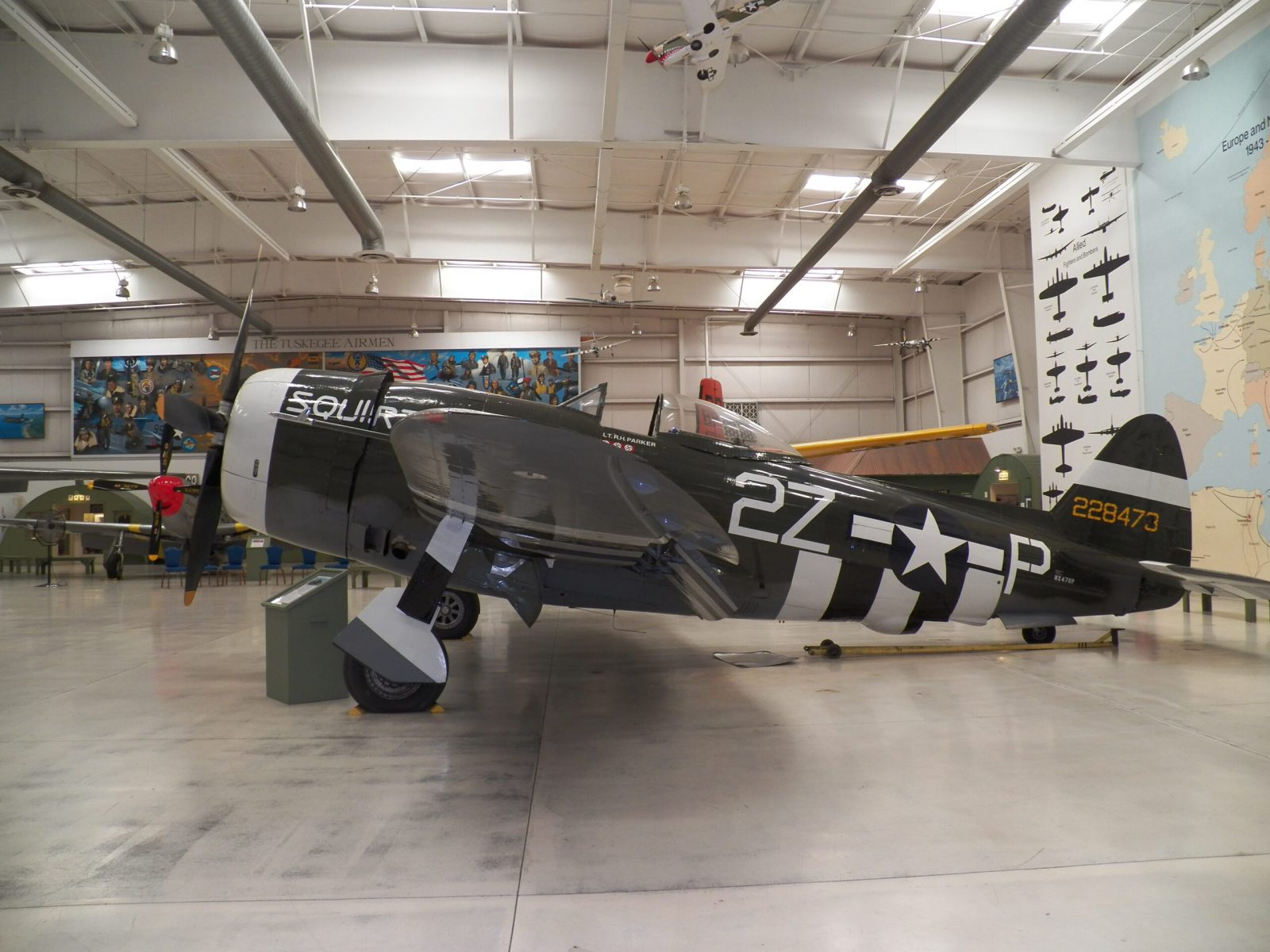

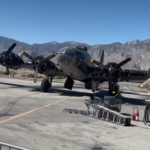
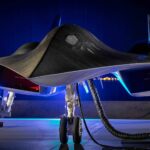
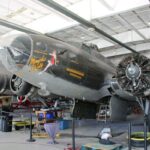
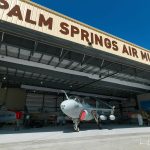

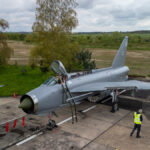
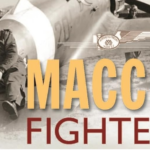
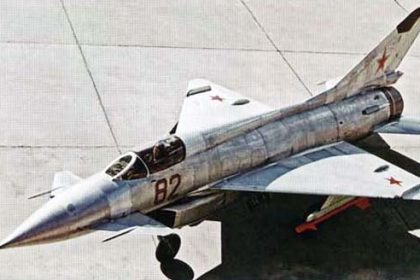
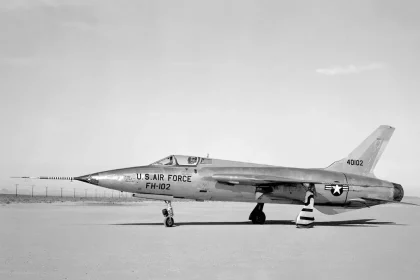
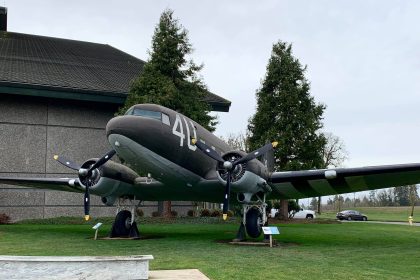
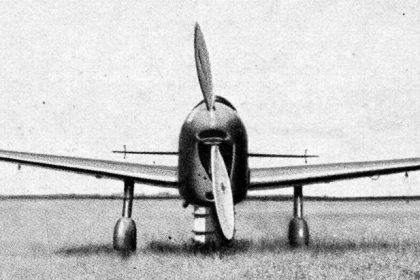
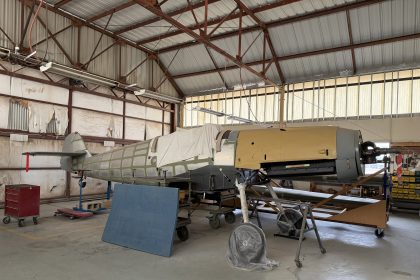

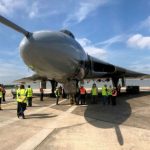
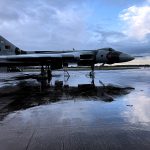
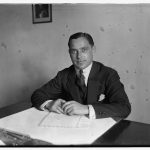
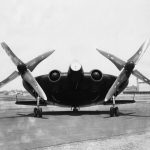
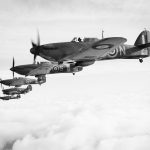
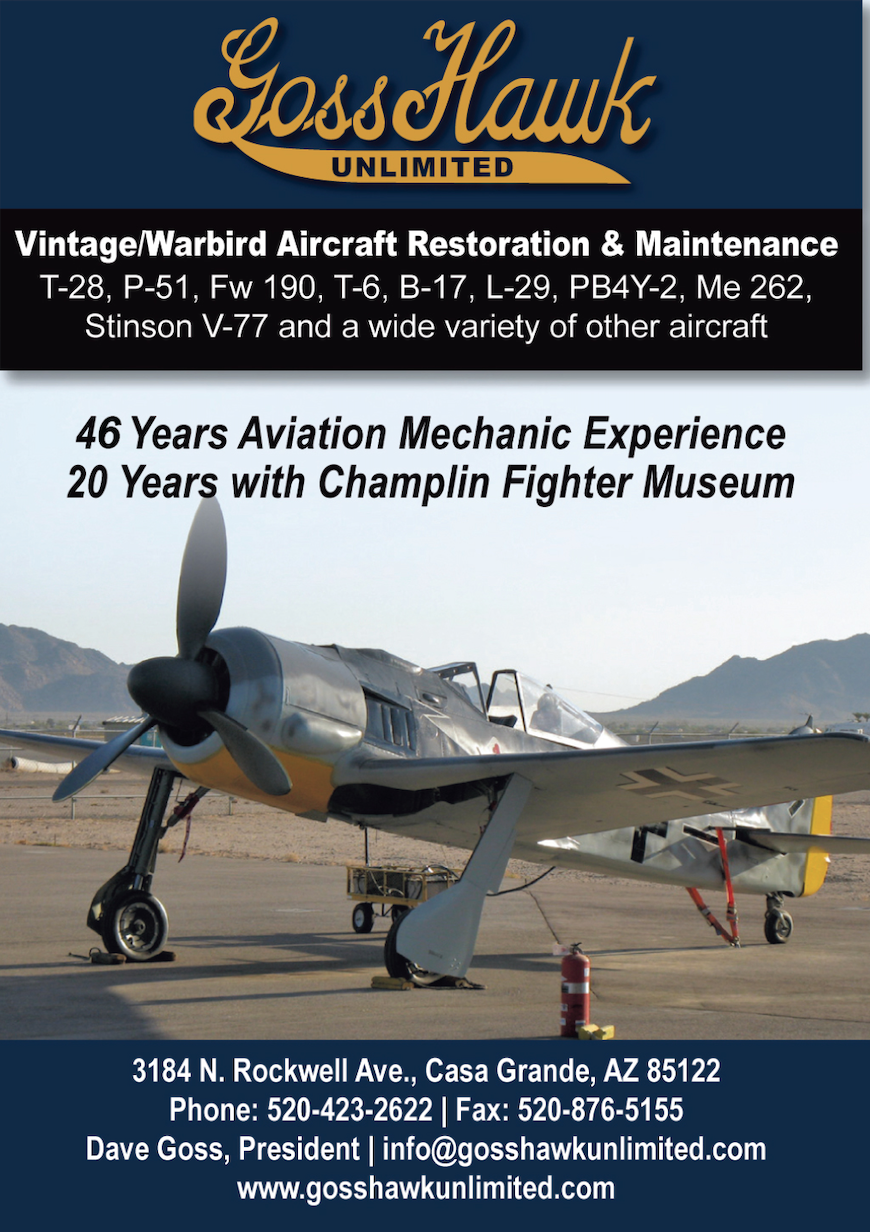

The P-47 was not the most produced Allied fighter of the War, instead, that title belongs to the Spitfire/Seafire aircraft with over 22,000 produced.
Uh.. wrong. The ME109 holds that title with over 33,000 of all variants produced!
Nevermind. Saw you said “Allied”.
Allied totals not German!
Thank you for your hard work and dedication, to preserving these aircraft and its history.
Eric Bird, Basking Ridge, NJ
God Bless you and all the preservationist’s. 🇺🇸 USA
My late father, David Linsky, was a lead wing designer for the Jug at Farmingdale. As a trained Civil Engineer with expertise in bridge design, he helped resolve many technical issues, including ammunition belt feeding through the double U-beam wing ribs. He loved that bird!